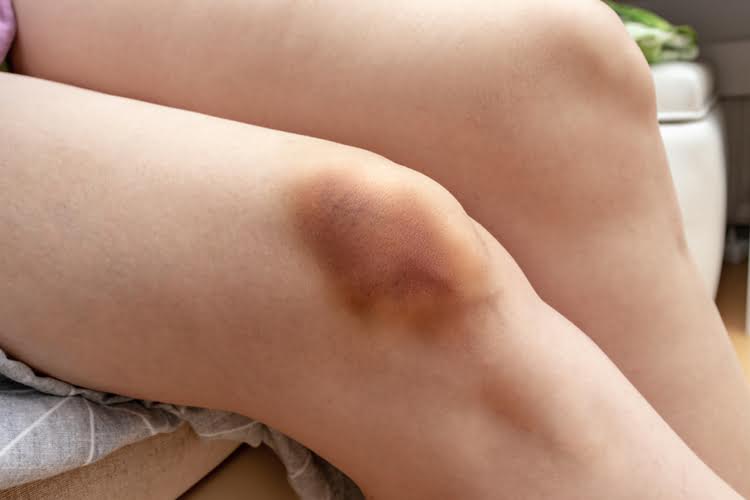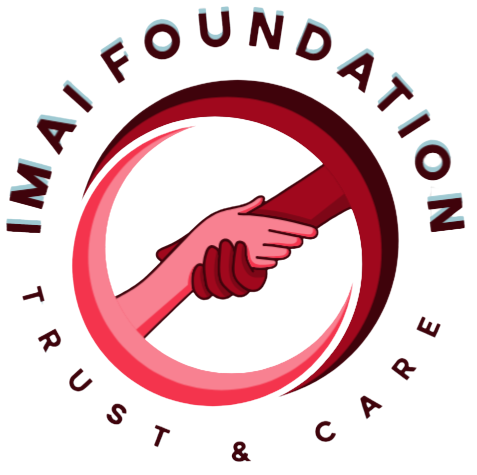You’ll probably need lots of small, healthy meals throughout the day. Switch up your meals by eating a range of foods from the groups you need. Drink plenty of water during the day to keep yourself hydrated. It may leave you anxious, out of sorts, and make it hard to sleep. Certain herbal supplements, some of which can be found in multivitamins, may help support healthy liver function and potentially help to reduce the urge to drink. Amino acids, the building blocks of protein, may help to reduce the severity of symptoms of alcohol withdrawal during the acute detoxification process.

Naltrexone can help retrain your brain to be less interested in alcohol over time, while acamprosate, baclofen, gabapentin, and topiramate can all help reduce cravings for alcohol. Learn more about medications for alcohol cravings, and other ways to round out your support system in recovery. It has long been used as a traditional remedy for a variety of illnesses, including liver damage.
Start With a Balanced Diet and Multivitamin Supplement
Concentrating on regaining good health can maximize the chances of success in recovery from addiction and set recovering alcoholics on the right path to a new life. The best way to avoid severe alcohol withdrawal symptoms is by slowly reducing your alcohol consumption, though it may take weeks to overcome your alcohol dependence fully. During alcohol addiction treatment, it’s important that you eat a balanced, healthy diet. Many treatment facilities employ nutritional counselors, who can create a nutrition plan for you to ensure you are replacing all of your depleted vitamins and minerals. If you don’t have access to a nutrition counselor, there are specific foods you can eat to replenish your vitamin levels. We publish material that is researched, cited, edited and reviewed by licensed medical professionals.
- Experimenting within the bounds of healthy foods is one of the best ways to fuel your recovery.
- When you drink too much, you’re more likely to eat foods that are high in added sugar, salt, and saturated fat.
- These are the opposite of what you want when you’re already facing withdrawal symptoms.
- Unfortunately, the calories gained from alcohol and junk food are “empty calories.” That is, they are calories lacking nutrients and are of little value to the body.
When choosing a supplement, look for one that has both EPA and DHA. However, do not consume more than 3 grams of fish oil per day, as too much can cause blood thinning. For example, individuals with an addiction to heroin often crave sweets and sugary foods. Marijuana users also often feel hungry while using and try to satisfy the craving with low-nutrient meals.
Nutritional Therapy for Alcohol Addiction
Water makes up around 60% of the body and plays vital roles in nearly every function. Critical examples include facilitating brain function, improving mood, flushing out vitamins for recovering alcoholics toxins and transferring nutrients between cells. Your body is able to synthesize some of the amino acids on its own, but there are several you can only absorb from food.
They may feel compelled to overeat, which can shock the digestive system. An experienced treatment team should create a comprehensive nutritional plan consisting of a well-balanced https://ecosoberhouse.com/ diet and portioned meals that gradually reintroduce food to the stimulant user’s body. If you quit drinking and are hungry all the time, you’re not alone.
